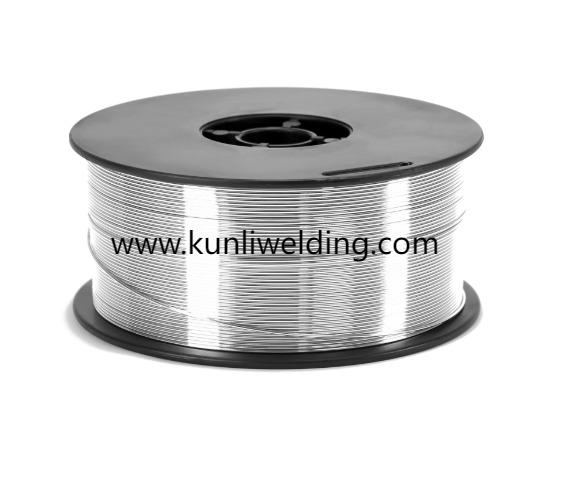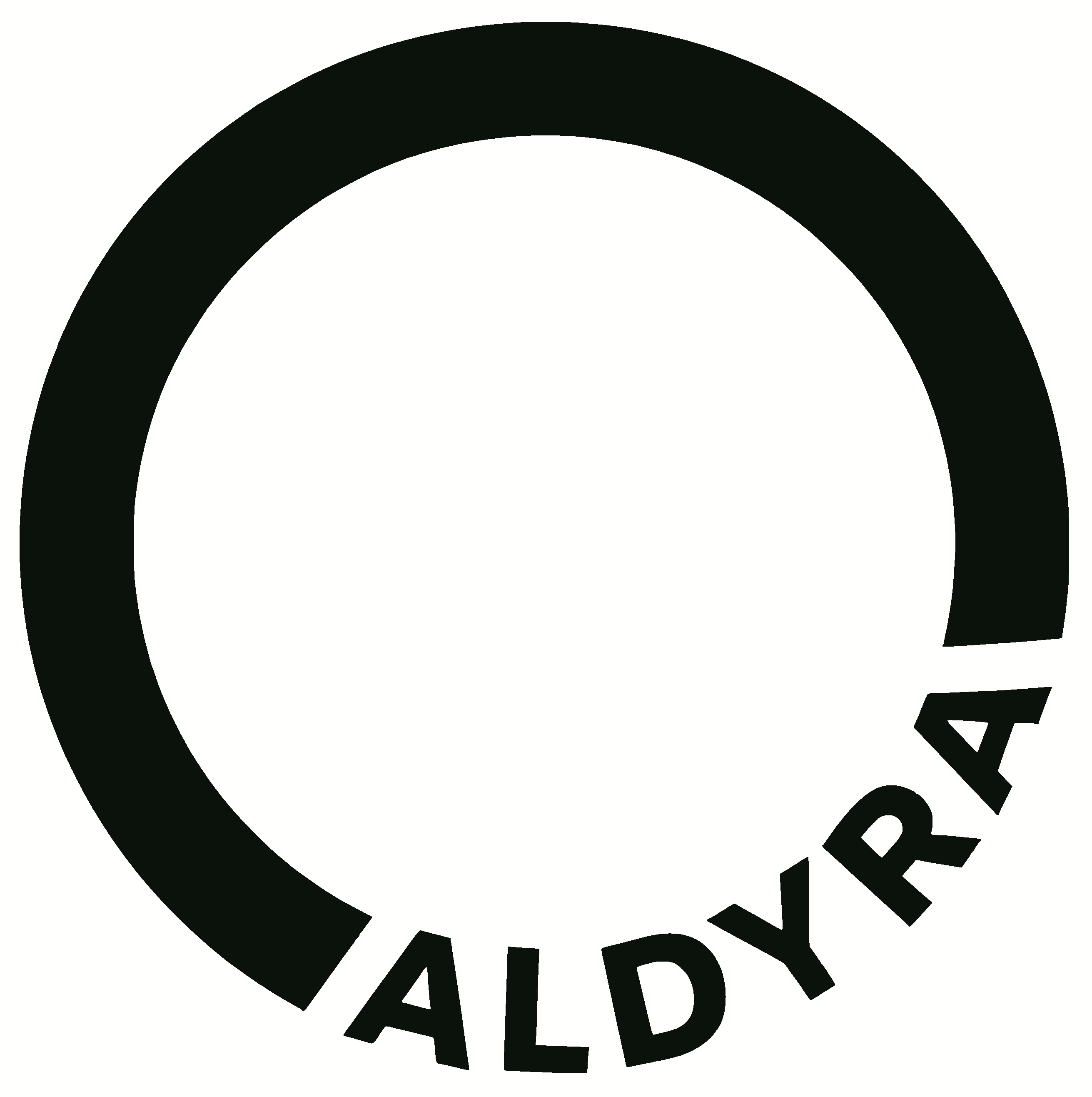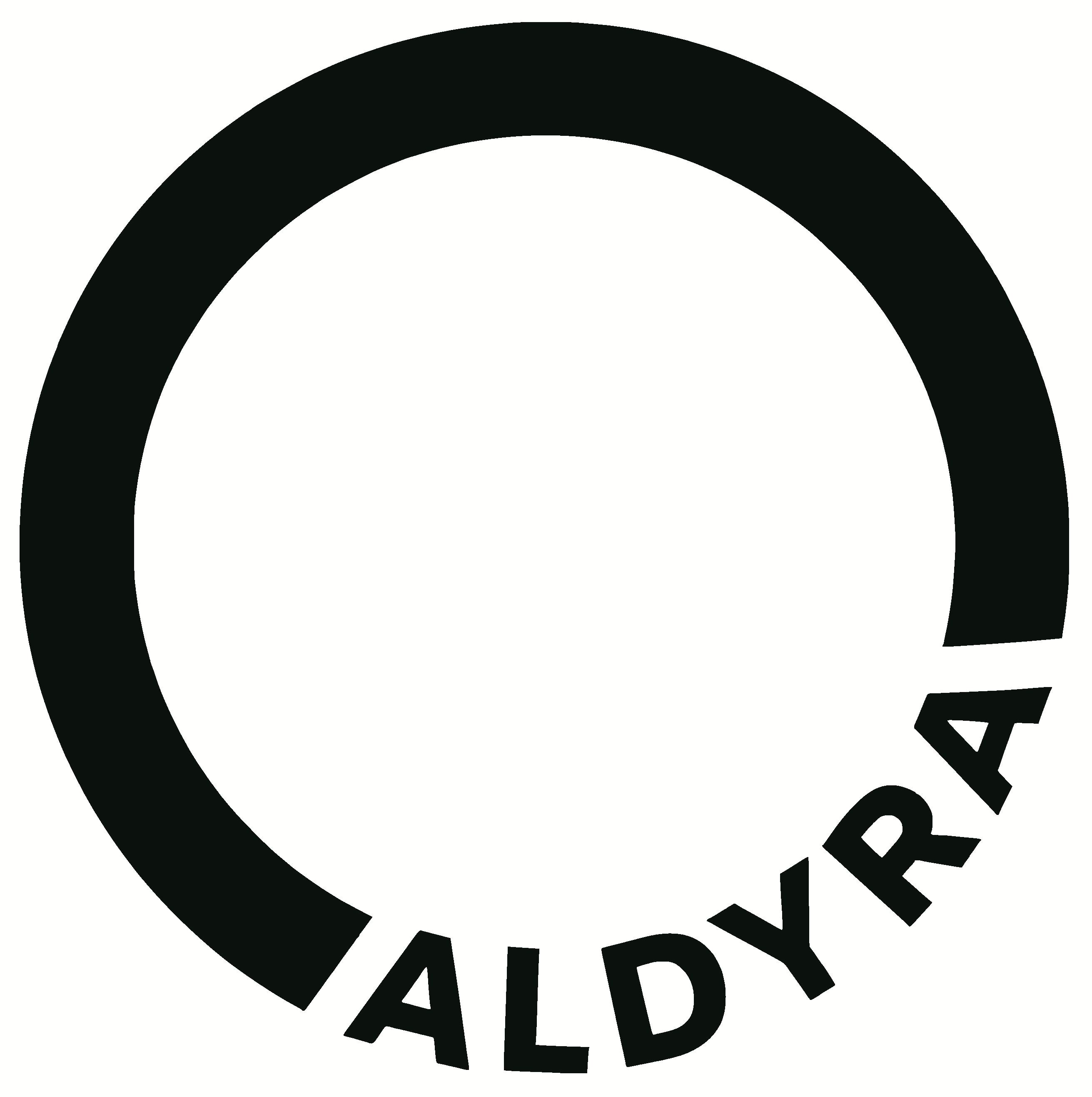Can Kunliwelding trial reels shorten your weld qualification timeline effectively

In today's push for lighter structures and more efficient assemblies, choosing the right filler can change a project's risk profile, and Aluminum Welding Wire ER4943 often earns a spot on engineers lists when heat treatable alloys are involved. This filler is frequently selected because it blends weldability with a tensile character that designers appreciate when joining alloys destined for post weld processing and service under load. Suppliers and fabricators discussing electrification, lightweight transport, and resilient infrastructure often consider how this wire behaves in real shop conditions before committing to larger runs.
What sets this filler apart is how it balances fluidity in the molten pool with a deposit strength that supports later heat treatment plans. Welders report that the alloy flows smoothly into joints and gives a predictable bead profile, which cuts down on finishing steps and helps control dimensional outcomes during assembly. Fabricators who must hold tight tolerances on thin panels or extruded parts find that consistent puddle control reduces the iteration needed during qualification. Industry references underline that this filler was formulated to offer higher as welded strength while keeping familiar handling characteristics.
Compared to other common fillers used for similar aluminum families, this wire often provides a measurable edge in as welded strength without demanding exotic procedure changes. That property is valuable when the joint will later undergo thermal cycles as part of a finishing or strengthening process. The filler does not rely on dilution from the base metal to achieve its deposit characteristics, so engineers can predict how the seam will behave after heat treatment and design assemblies with greater confidence. Technical notes from manufacturers and industry guides document these practical advantages for demanding assemblies.
On the shop floor the choice shows up in three practical ways: fewer qualification passes, steadier feed behavior, and less unwelcome discoloration in the weld area. Machines that feed smoothly and arcs that remain stable shorten setup time, letting teams move faster from sample welds to full production. For projects where public attention and schedule pressure are both high, shaving days off qualification and reducing visible touch up work helps meet stakeholder expectations without sacrificing structural intent. Manufacturer pages and product notes frequently emphasize these operational gains when suggesting filler choices.
Corrosion and distortion concerns are also part of the comparison. In environments where exposure to corrosive atmospheres is a worry, engineers want weld metal that preserves ductility and resists localized attack. This filler's chemistry supports that aim by producing a deposit that interacts predictably with protective treatments and with the parent metal after thermal cycles. In builds where distortion control is critical, the filler's flow characteristics help minimize shrinkage effects, which keeps assemblies closer to nominal dimensions and reduces time spent on straightening or trimming.
Decision making should always include a realistic trial stage. Short qualification runs that replicate expected joint geometry and use the same feeders, shielding gas and travel routines reveal how a wire will behave in your unique setup. Small trial reels let technicians confirm arc stability and bead profile without committing large inventories. Suppliers who provide clear handling guidance and who publish production and lot documentation make those short trials far more informative - and they help procurement defend material choices when projects face scrutiny.
Sustainability and supply chain transparency are increasingly part of the filler conversation. As procurement teams balance performance with lifecycle and sourcing concerns, they favor suppliers that can explain how reels are produced, how scrap is managed and how packaging protects wire during transit. When supply lines tighten or when projects are required to show traceable origins, picking a filler that arrives with clear documentation and protected packaging reduces schedule risk and eases compliance conversations with stakeholders.
In short, Aluminum Welding Wire ER4943 holds distinct appeal where welders need a combination of manageable puddle behavior, improved as welded strength, and predictable post weld response. It often outperforms alternatives when assemblies will see heat treatment or when designers must guarantee joint performance under load. The prudent approach is to pair trial reels with supplier guidance so your team can verify feed reliability, arc stability and the deposit appearance that aligns with your finishing and inspection goals. For supplier product information and related technical notes consult the manufacturer's pages at the company site www.kunliwelding.com.
- Art
- Causes
- Crafts
- Dance
- Drinks
- Film
- Fitness
- Food
- Spellen
- Gardening
- Health
- Home
- Literature
- Music
- Networking
- Other
- Party
- Religion
- Shopping
- Sports
- Theater
- Wellness


